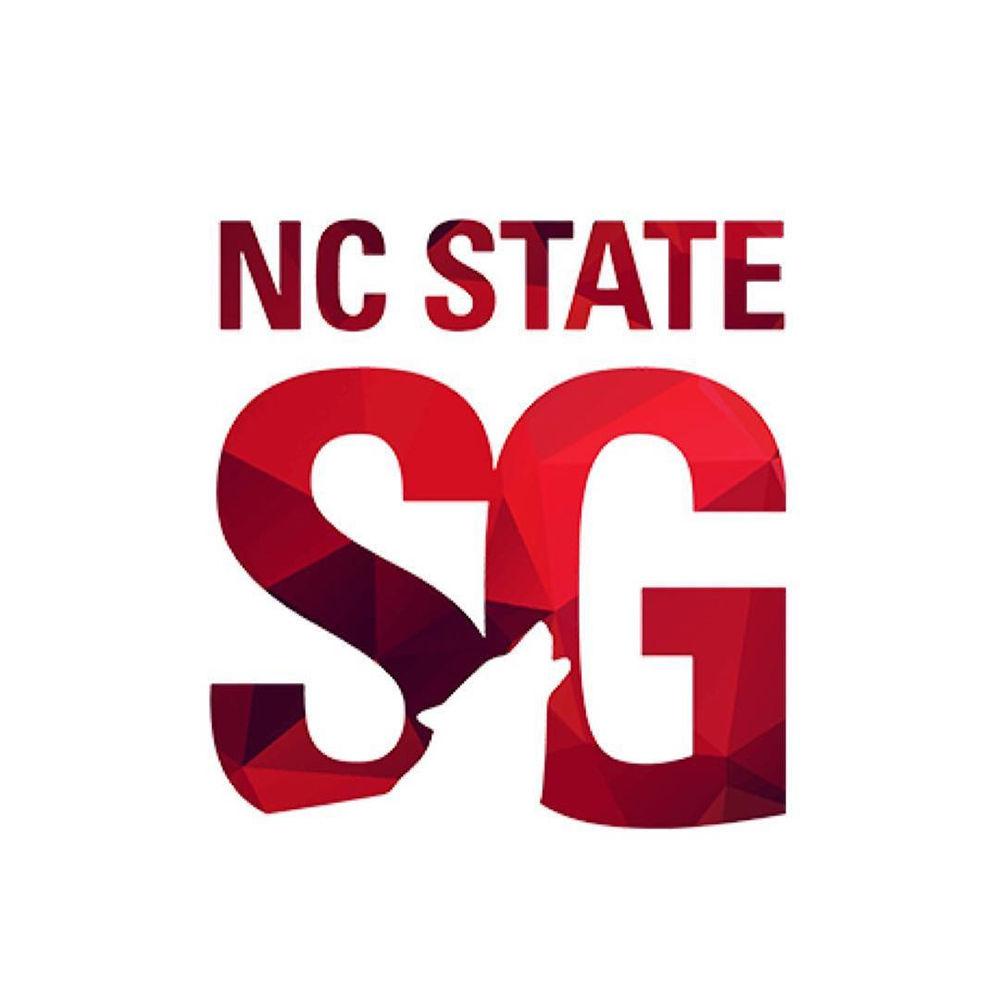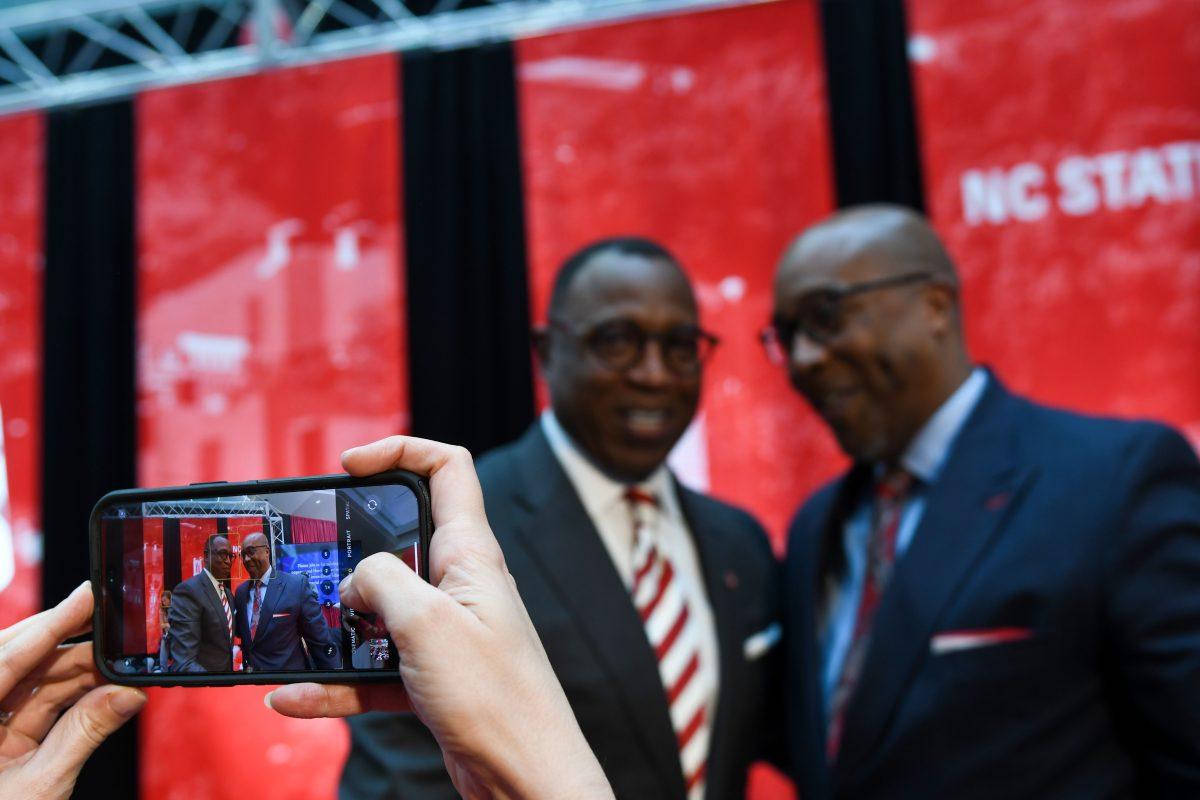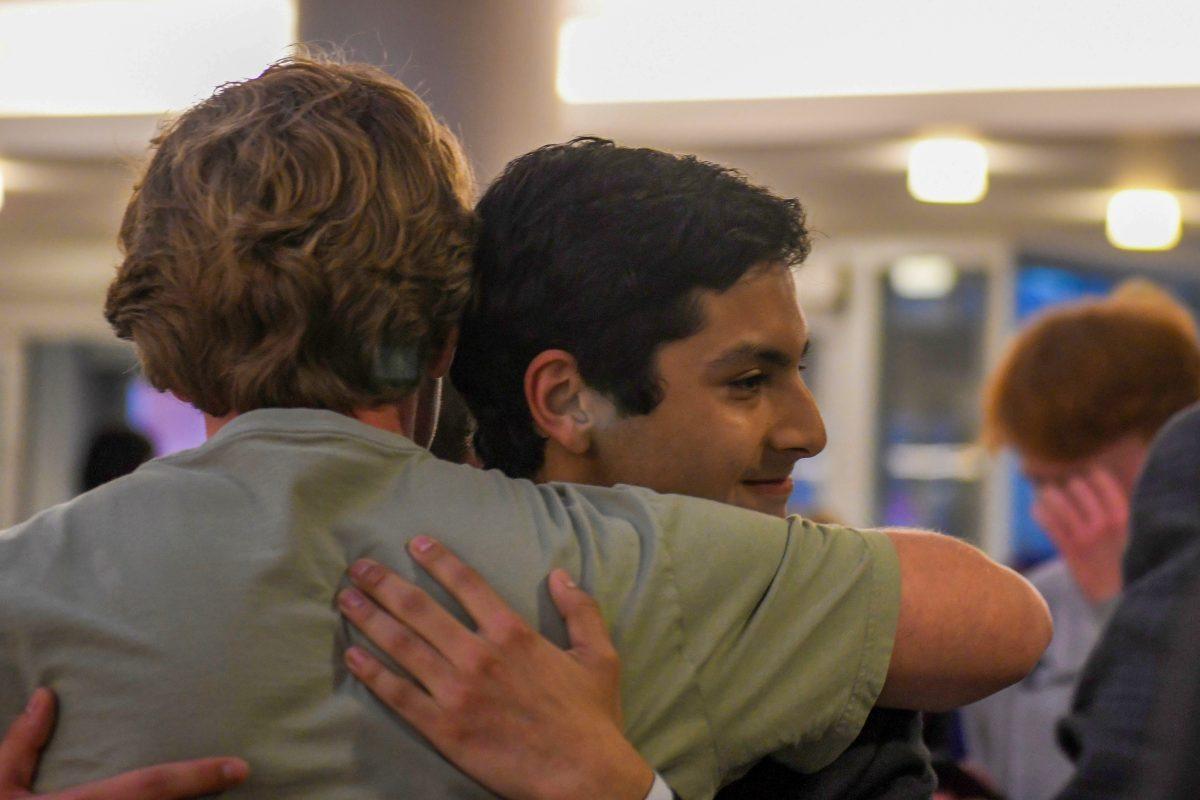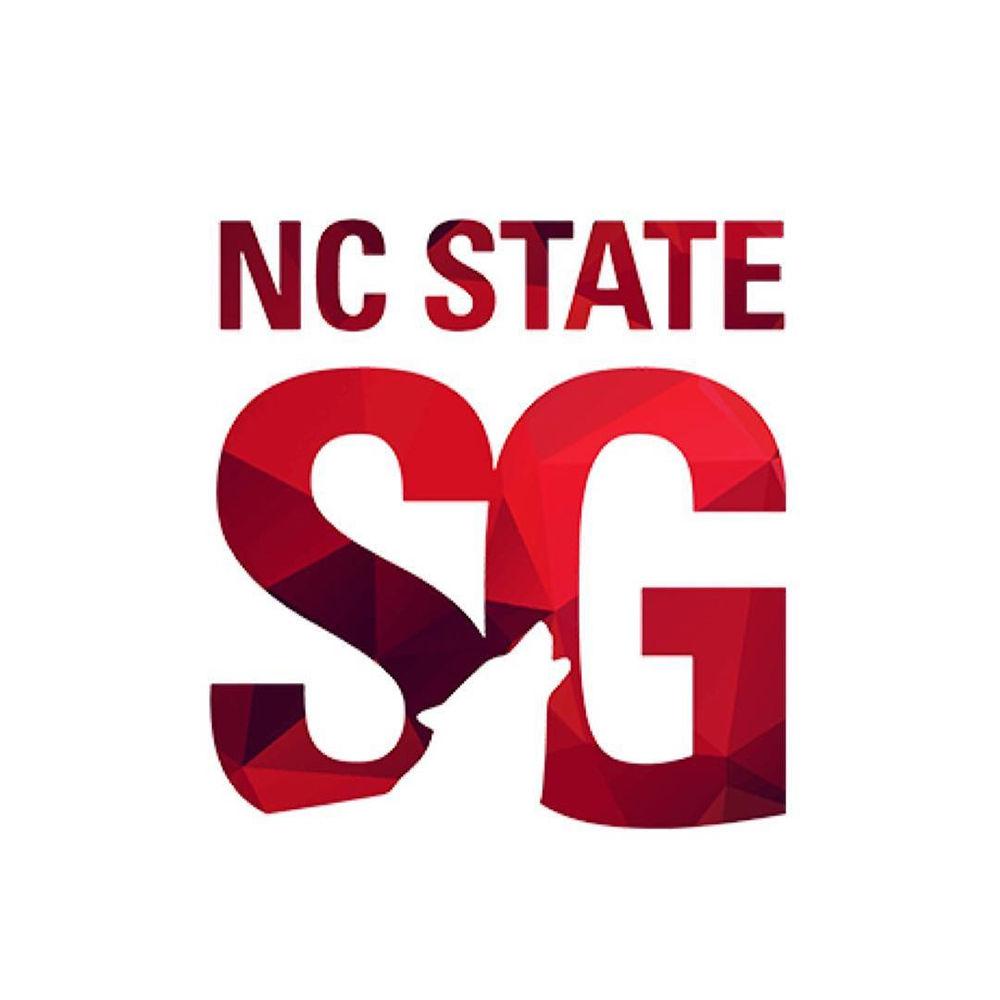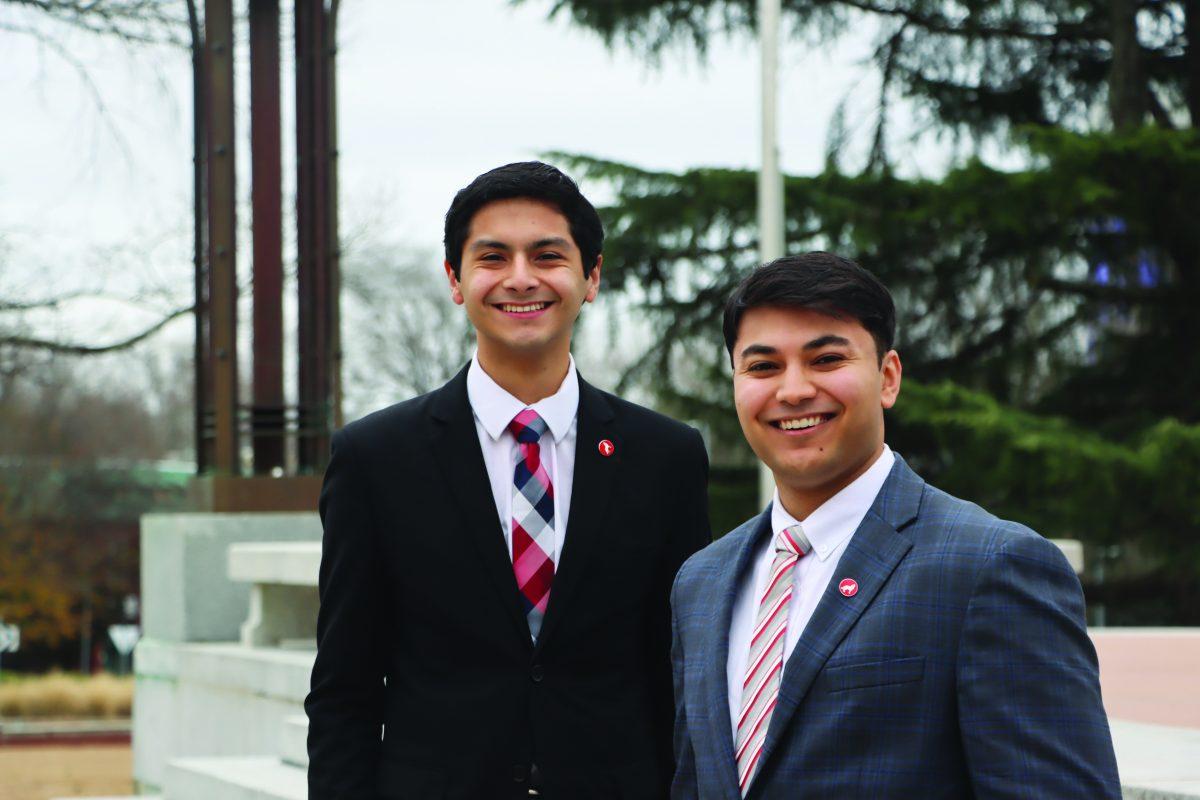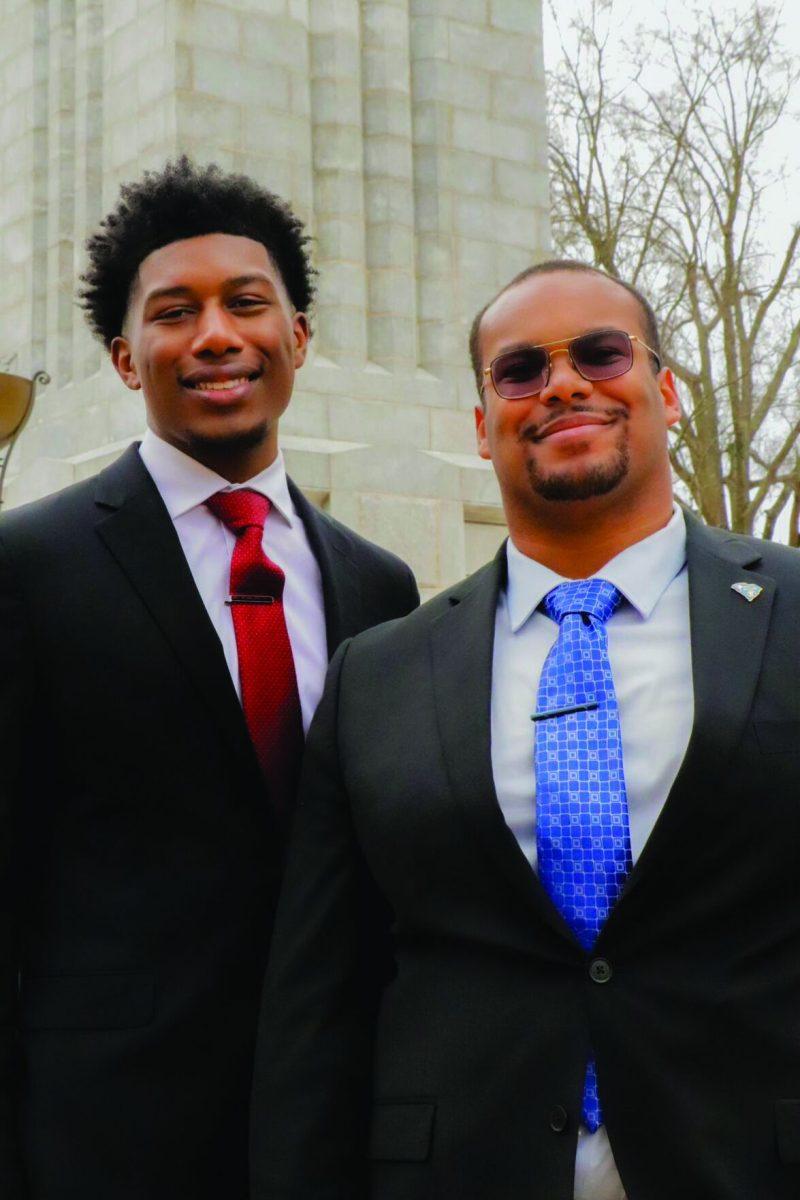Student Government (SG) announced the results of the election for the 102nd session, including Student Senate and student body officer positions. Student participation in the election was low; there was unusually low voter turnout, and with the exception of campaigns for the College of Humanities and Social Sciences (CHASS) Senate seats, all positions were uncontested. Student body officers said they hope to boost student interest in SG during the upcoming session.
Miles Calzini, a doctoral candidate in chemistry and the incoming Student Senate president, said he was frustrated by the lack of student engagement in the election.
“Our elections this year, frankly, in my opinion, were a bit of a disaster,” Calzini said. “Not in the way they were run, but the fact that we only had one contested race out of the entire school and we had about 300 people vote. Three hundred out of 37,000 [eligible voters]. Normally, and this is even bad, we get about 4,000.”
Out of 65 Senate seats up for election, only 25 positions were filled. Calzini said his main goal is to fill the remaining seats through appointments.
“The only college that is filled through delegation is CHASS,” Calzini said. “Anyone from any other college, I will take their appointments and appoint them to the Senate 一 if they are qualified, obviously. It’s my number one goal to make sure we have contested student body officer races across the board and as many contested Senate races as possible next year, because without [participation], Student Government cannot make a name for itself, and I don’t feel that we are representative of the student body if we are just automatically granted seats.”
McKenzy Heavlin, a fourth-year studying electrical engineering, will serve a second term as student body president, and Timothy Reid, a second-year studying business administration, will serve as student body vice president. Harrison Andrews, a third-year studying communication and political science, will serve a second term as student body treasurer.
Reid said many students aren’t aware that SG serves an important role in representing student interests to the University, and he hopes to make an effort to revitalize participation in SG next year.
“We plan to introduce a variety of initiatives and a variety of projects over the course of the next session to really stoke student interest,” Reid said.
In addition to improving student engagement, Heavlin said he expects to undertake projects to improve student mental health, including encouraging increased funding for the Counseling Center and promoting training for students, faculty and staff to recognize early signs of students in a mental health crisis. He said raising awareness regarding these resources is another critical objective of his platform.
Heavlin and Reid also hope to support efforts to enhance the student experience, primarily through encouraging renovations for Witherspoon Student Center.
“Witherspoon is really a vital hub of student life here at NC State,” Reid said. “It houses the Nubian Message, Technician, African American Cultural Center, we have first-year classes there, University Activities Board-sponsored activities, but it’s also one of the older structures on campus. The University has looked at this issue in the past and drawn up plans for renovation but they just haven’t been implemented. So really just focusing the spotlight on that and advocating for that renovation because that’s something that the student body definitely serves to benefit from.”
Heavlin said he encourages students to participate in SG and voice their concerns to administration.
“Showing up to meetings — even just showing up to listen — is a huge step and speaks a lot to University admin,” Heavlin said. “Seeing more students get engaged in those opportunities, seeking them out, I think is really important. The onus is on both parties. We’re going to do a lot better, and everything in our power, to advertise to students, but I’m asking students to find the time to do that. It’s really difficult for us to do our jobs well when students don’t participate on their end.”
Listed below are the winning candidates of the Student Senate elections.
College of Agriculture and Life Sciences
Katelyn Coleman
College of Humanities and Social Sciences
Nina Kudlak
Riley Edmondson
Anneliese McInnis
Jajhayra Fonceca-Roque
Kilye Hucks
Tiara Caldwell
Katie Phillips
College of Natural Resources
Allison Markert
College of Design
Abigail Coleman
College of Engineering
Hilton Stallworth
Samuel J. Klein
Jean-Luc Theard
Andy Fetch
Jackson Lods
College of Education
Samantha Ferguson
College of Sciences
Nathaniel Somma
Kelcie Farmer
Graduate and Lifelong Education
Mark Farbman
Poole College of Management
Dibya Acharya
Nonso Ayalogu
Luke Ward
Taj Carson
Wilson College of Textiles
Lily McGrath
Stephen McGuinness
To apply for a vacant Senate seat, click here.


